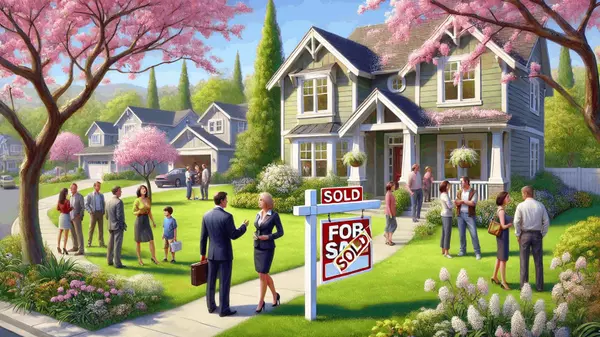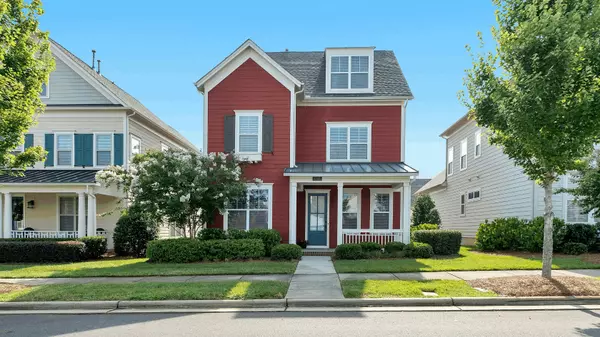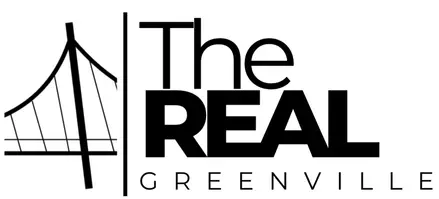What Happens to Your Mortgage and Bills After a Natural Disaster?

With wildfires sweeping through Los Angeles County, images of destruction are everywhere. Over 12,000 structures have been burned down, neighborhoods reduced to rubble, and nearly 92,000 residents forced to evacuate.
As Angelenos come together to rebuild their city—and their lives—people across the nation are asking the same questions: What happens to financial responsibilities, like mortgage payments, rent, and utility bills, when their home is destroyed?
This guide answers the most pressing questions for homeowners and renters affected by natural disasters, drawing on resources and advice from FEMA, mortgage servicers, and disaster survivors.
Do You Still Have to Pay Your Mortgage If Your Home Is Destroyed?
Yes, even if your home is no longer standing, your obligation to pay your mortgage remains. However, there are relief options for homeowners impacted by disasters like the wildfires in LA.
Homeowners can request forbearance, a temporary suspension or reduction of mortgage payments for up to 12 months. This relief is available for loans backed by Fannie Mae, Freddie Mac, the FHA, and the VA. During forbearance, late fees are waived, and foreclosure proceedings are paused.
“Homeowners affected by a disaster are often eligible to reduce or suspend their mortgage payments for up to 12 months,” Fannie Mae stated in a recent press release. However, this relief is not forgiveness. Once forbearance ends, borrowers must repay the deferred payments, either as a lump sum, in installments, or by extending the loan term.
For those with private loans, options vary by lender. Major banks like JPMorgan Chase and Bank of America have also implemented disaster forbearance programs. If your home has been destroyed, contact your mortgage servicer immediately to discuss available options.
What Happens to Rent Payments After a Disaster?
For those in LA, California law protects renters whose homes have been damaged or destroyed by natural disasters. If your rental unit is completely uninhabitable, your lease becomes void, and you are no longer required to pay rent. Your landlord must also return your security deposit.
Here in South Carolina, state law doesn’t specifically address natural disaster situations in rental agreements. However, if the property becomes uninhabitable due to disasters like hurricanes or flooding, renters can often terminate their lease under Section 27-40-610 of the South Carolina Residential Landlord and Tenant Act, which outlines a tenant’s right to end the lease if the unit is rendered unfit for habitation. Tenants should document damages and provide written notice to the landlord.
For units with partial damage, tenants have the right to terminate the lease or remain while repairs are made. During this period, rent payments are generally suspended until the unit is livable again.
Renters without insurance may still qualify for FEMA assistance or SBA loans to cover relocation expenses and replace personal belongings.
Do You Still Have to Pay Utility Bills?
Utility obligations after a disaster depend on your provider and your property’s condition. In LA, Southern California Edison has suspended billing for customers in mandatory evacuation zones and permanently canceled bills for homes that were completely destroyed.
In South Carolina, utility providers like Duke Energy and Dominion Energy often offer assistance programs after natural disasters. For instance, Duke Energy has paused disconnections and offered flexible payment plans in the past during hurricane recovery efforts. If your home has been destroyed or you are unable to access your property, contact your utility provider to discuss available relief options.
Can You Get Relief on Property Taxes?
In California, if your property has sustained damage exceeding $10,000, you can file a calamity claim with your local assessor’s office to request a reassessment. If approved, this can temporarily reduce your property taxes until repairs or rebuilding are complete. Claims must be submitted within 12 months of the disaster.
In South Carolina, you may qualify for a reassessment of your property’s value under Section 12-37-90 of the South Carolina Code of Laws, which provides property tax relief for structures damaged or destroyed by natural disasters. Contact your county assessor’s office to file a claim. It’s crucial to provide evidence of the damage, including photos, repair estimates, and insurance documentation.
How Can Residents Find Temporary Housing?
Finding temporary housing can be a challenge after a disaster. We’ve all seen the news surrounding limited rentals and price gouging in LA.
In South Carolina, after hurricanes or floods, organizations like Airbnb.org, Samaritan’s Purse, and the Red Cross often provide temporary housing solutions. FEMA’s housing assistance program is also available, but it requires a state request to activate. Be sure to check local resources through county emergency management offices, as they often have updated information on available housing programs.
How Do You Cope Emotionally After Losing Your Home?
The emotional toll of losing your home can be as overwhelming as the financial strain. Survivors and experts emphasize the importance of seeking support, whether from counseling services offered by FEMA, local nonprofits, or community networks.
Recovering from a natural disaster is a long process, but you don’t have to do it alone. Document your losses, contact your mortgage servicer and insurance company, and apply for all available aid. With persistence and support, you can navigate the road to recovery.
Recent Posts










"Our goal is to help you cross the raging river of real estate, providing a steady hand as you navigate to the other side—Ford Propeties Group will show you the way"

